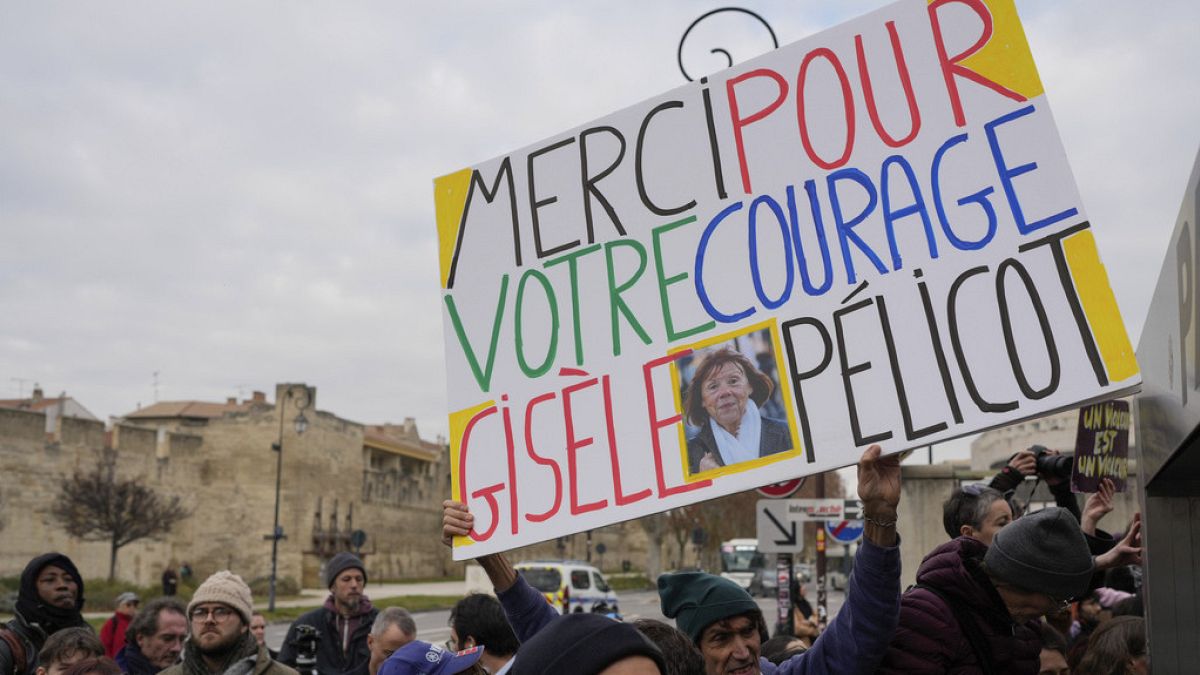Dominique Pelicot was sentenced last month along with 50 other men for the repeated drugging and rape of Gisèle Pelicot in case that stunned France.
France must change its rape law to include consent, a cross-party panel of lawmakers has said in the wake of the Gisèle Pelicot mass rape trial that shocked the country.
A consent-based rape definition should urgently be added to the existing law, which defines rape as an act committed on someone using “violence, coercion, threat or surprise” — with no clear mention of consent — the MPs said in a report presented to parliament on Tuesday.
“Nearly 10 years after the birth of the MeToo movement and as freshly illustrated by the [Pelicot] trial, the battle against the culture of rape must be a priority, it needs a law that is clearer,” the report said.
“The new definition must state that consent is specific, must be given freely and can be withdrawn at any moment.”
The panel was headed by Véronique Riotton from President Emmanuel Macron’s Renaissance party and Marie-Charlotte Garin of the Ecologists party. Their report said France should update its rape law to join 14 other EU states — including Germany, Sweden, and Spain — that have included the notion of consent in their legislation.
The inquiry was set up in 2023, before the biggest rape trial in French history began.
Gisèle Pelicot’s now ex-husband, Dominique, was sentenced last month to 20 years in prison for drugging and recruiting men to rape her without her knowledge for more than a decade. The court in the Provençal village of Mazan also found 50 other men guilty of rape, attempted rape and sexual assault for participating in Dominique Pelicot’s scheme.
The trial spurred a national reckoning about the blight of rape culture, with Gisèle Pelicot’s courage throughout the proceedings inspiring rallies across France, galvanising activists against sexual violence, and spurring calls for tougher measures against rape.
The parliamentary report said that French stereotypes persisted around supposedly “good victims” and ‘real rape”, and emphasised that a “climate of impunity endures”.
Macron and his Justice Minister Didier Migaud last year said they were in favour of updating the country’s rape law to include a consent-based definition.
However, some legal experts and women’s rights campaigners say they oppose the change because it risks putting scrutiny on the victims, rather than the accused.
Just 14% of rape complaints result in a formal investigation in France, found a study by the Institute of Public Policies last year. Prosecutors are often unable to find sufficient evidence that a perpetrator had used violence, threat, coercion or surprise, it said.
Read the full article here


